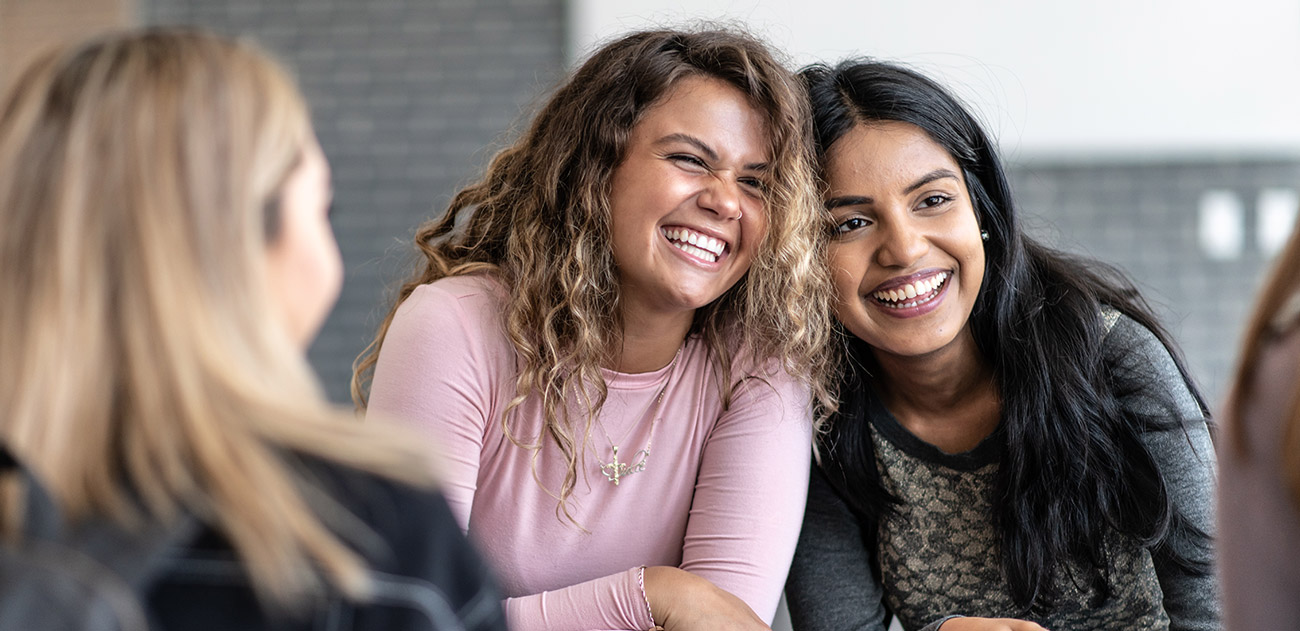During a Sept. 12 Project Cal-STOP informational webinar, project consultant Hilva Chan noted that since students returned to school full time from pandemic closures, there has been an increase in reports of bullying and harassment by seventh graders, a drop in school connectedness in grades 7-12 and a decrease in perceived caring adult relationships.
“School safety is more than physical safety,” Chan said. “Having emotional safety, where students feel safe, is as important as the absence of threats of violence. It is a feeling that you’re safe walking down the hallway … Positive school climates support students’ mental well-being, encourage pro-social behaviors and reduce disciplinary issues. Most importantly, positive school climates with trusted relationships increase the possibility that when students see something, they may say something.”
The webinar focused on three programs offered by partner Sandy Hook Promise, a nonprofit organization founded and led by several family members whose children were killed by a gunman at Sandy Hook Elementary School on Dec. 14, 2012. The organization’s goal is to empower youth to “know the signs” and take meaningful actions in schools, homes and communities to prevent gun violence and stop the tragic loss of life.

Hilva Chan, project consultant, Project Cal-STOP
Sandy Hook Promise offers three free programs, which research has shown effectively teach youth and adults how to prevent school violence, shootings, and other harmful acts. Students and educators learn how to identify at-risk behaviors and intervene to get help. These early-prevention measures empower everyone to help keep schools and communities safe.
“We know that school shootings and violence are preventable,” Chavis said. “Once schools began to use a strategy of upstream prevention that is laser-focused on building knowledge and skills at all levels, they begin to see a shift in the culture. And the best way to do that is by knowing the signs.”